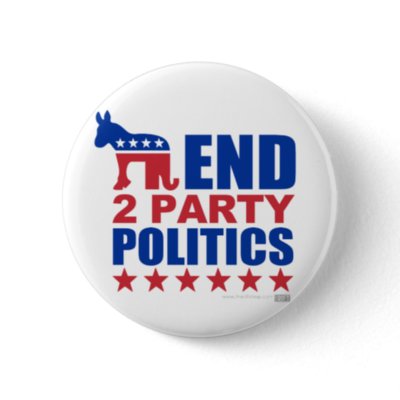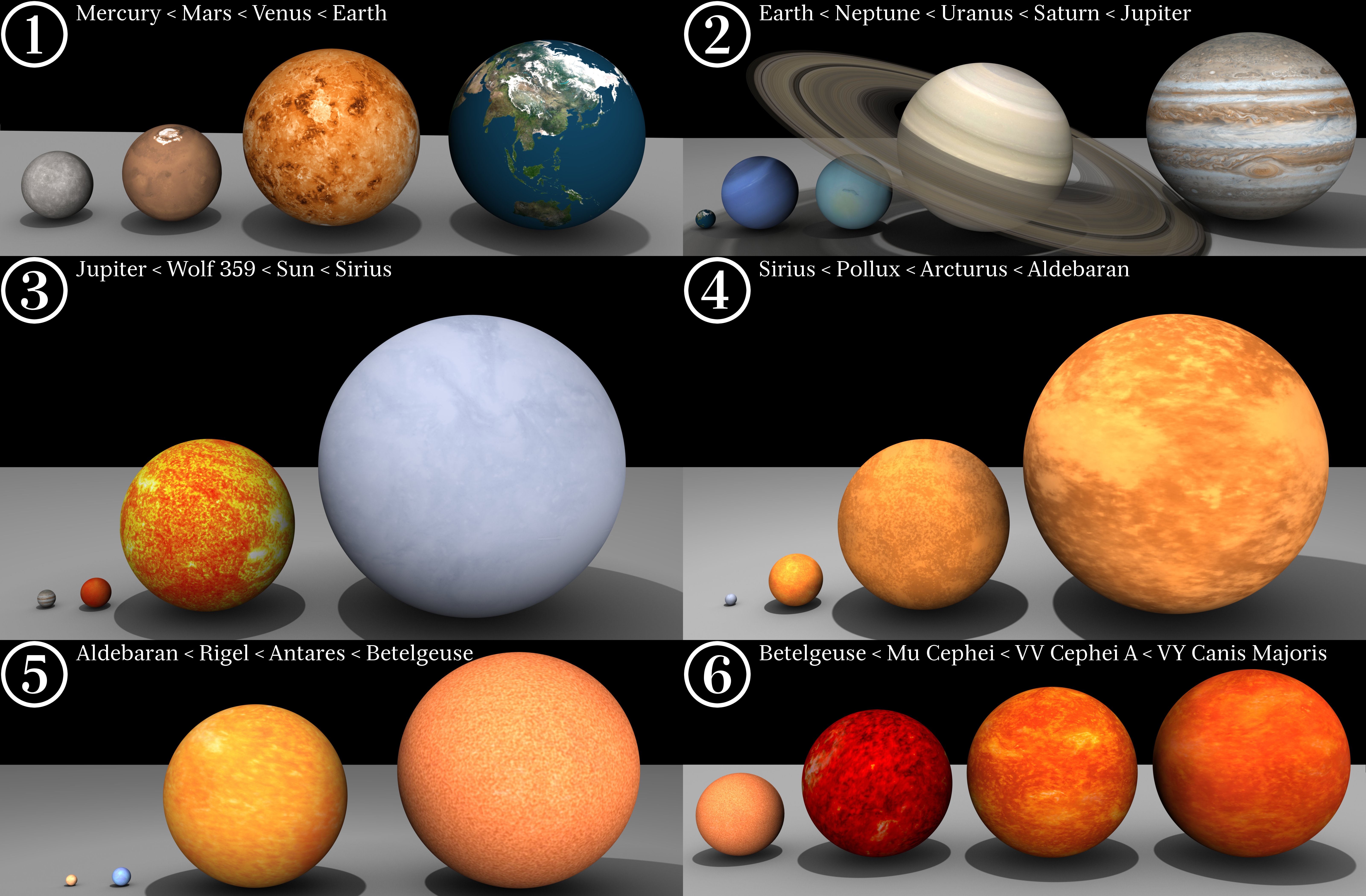So, then, what did I hate? Well, you know that feeling you get when all you want cable for is to watch Shark Week and Breaking Bad, but you have to pay for atrocities like TLC and Bravo to get it? That’s sort of how I felt about politics: like a frustrated, cable-bundled consumer. What’s worse, I knew everyone around me hated it too. But one conflicting viewpoint into a conversation and they were singing the bundling song and dance. Suddenly, because I liked watching shark documentaries (I mean who doesn’t?) I also must like Bridezillas because, after all, it’s part of the bundle.
 |
| This makes total sense |
In a country that prides itself on democracy, the supposed lens of politics in the 21st Century, we all seem to be complacently running on an alarmingly small number of choices based on the fear that finding new ones will only result in the least desired outcome gaining ultimate power. We are stuck in a holding pattern that has forced us to bundle issues that have little logical relation to one another. As a nation, we’ve divided ourselves into teams like some bureaucratic game of capture the flag. And it’s only getting worse.
In his post-election concession speech in 2012, libertarian candidate Gary Johnson stated, “A wasted vote is voting for somebody you don’t believe in and there were a lot of wasted votes tonight.” Whatever you think of Johnson or his affiliations, the sentiment here expresses a missing piece in the heart of a democratic society. We’ve started to vote against the person we loathe rather than vote for the one we believe in. It has turned our participation in public affairs into a negative right, one based one the absence of real choice.
Nevertheless, the polarization appears to be increasing. With one party hoping the other goes the way of the Whigs, and the other clamoring to redefine itself into another bundle combo. The result is either a one party system, or another two party standstill. It changes nothing.
 |
| Uh, what? Credit: zazzle.com |
There’s a perception that red is limited government and blue is big government. There’s also a perception that we can whittle every public policy view down to a couple primary colors so I don’t know why I find this surprising. In any case, the assumption overlooks the fact that limited or big government is circumstantial, dependent on priorities. And like everything else in bipartisan America, priorities come bundled.
Some hope--and others dread-- that libertarians will introduce a third party to the system. But in my experience, it’s generally treated like an ideology more than a party. And, once again, when opinions clash, many are quick to assign that ideology red or blue colors, if not dismiss it entirely. Perhaps all this is easier on us, this dichromatic, paint-by-the-numbers approach to a citizen’s participation in public affairs and discourse. We vote for candidates primarily based on what team they're on, and yet we couldn’t be more displeased with our representatives. Perhaps this is justified with the knowledge that our color is on the side of the good and the righteous, even if it is outrageously prone to hyperbole. But how far are we willing to oversimplify policy and dilute our voice for the sake of a lesser evil? When does this bundling system itself become the worst outcome?
This is not about what stance I take on public policy issues. My stances are wide, varied, and open to growth based on new information and perspectives, all informed through the lens of our democracy. This is about having a real choice to hold views free from the platforms they’ve been locked into. If only to dispel party prejudice and return civility and efficiency to political discourse amongst ourselves: color me disenthralled.

